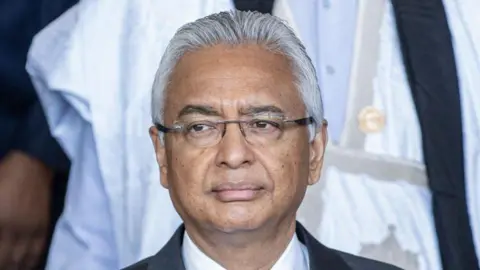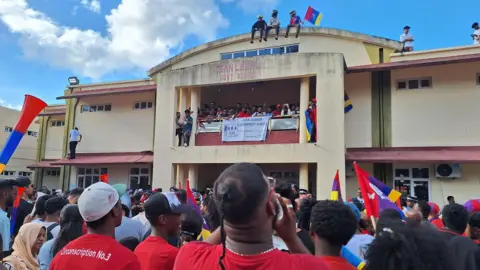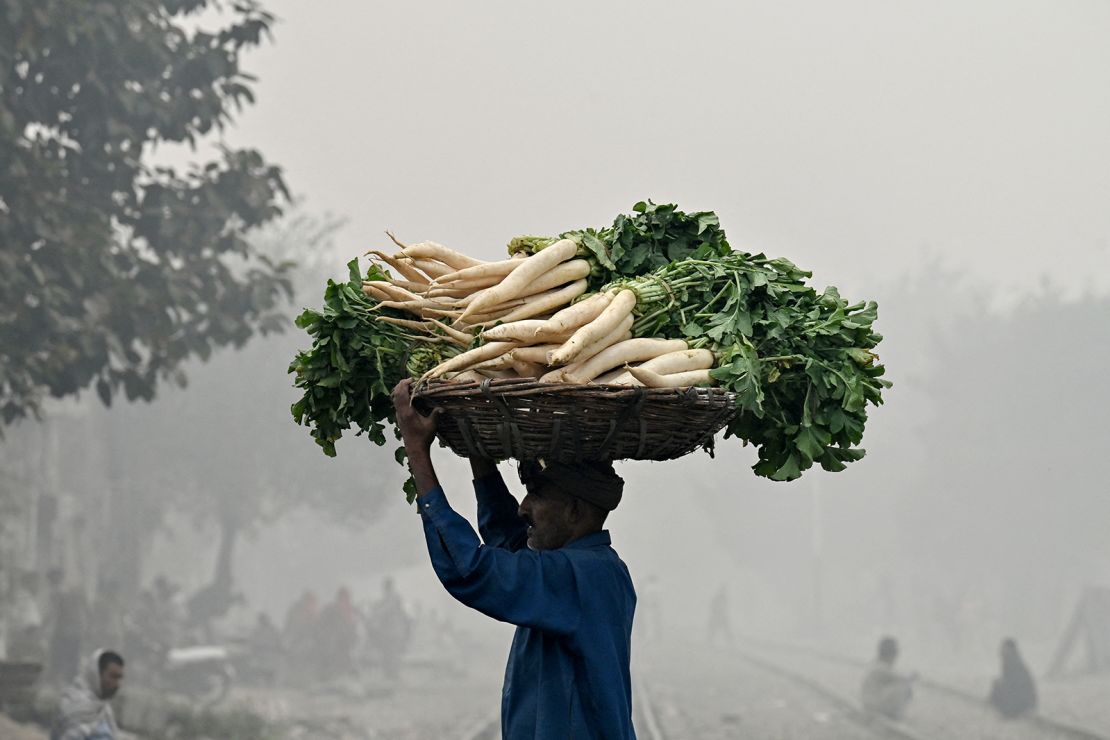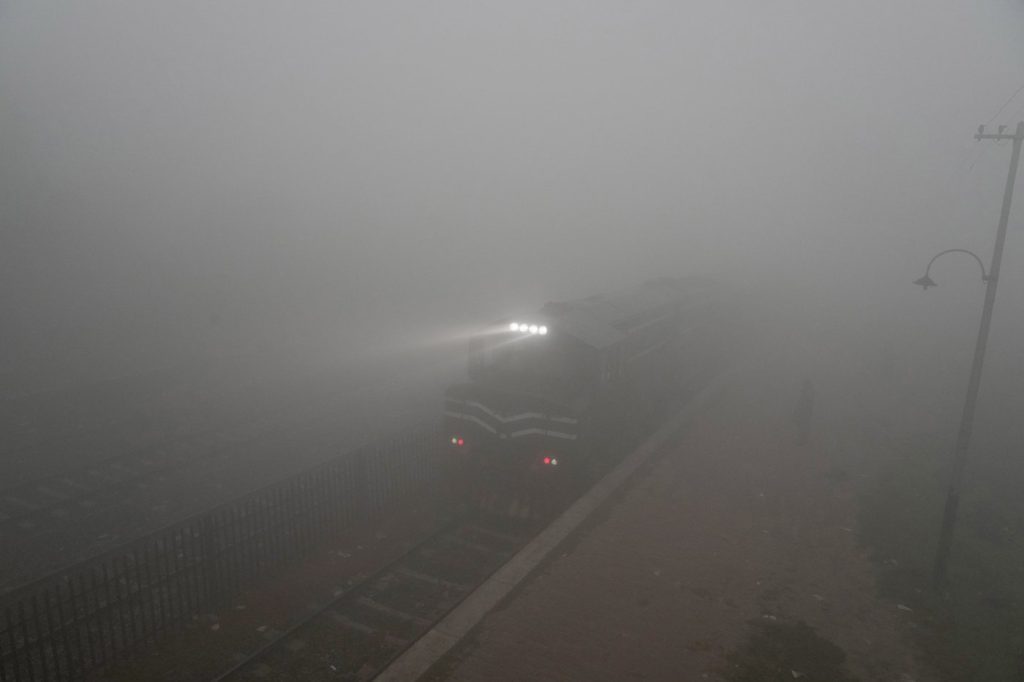Accusations and recriminations abound as Democrats try to figure out what went wrong after an electoral trouncing
The ObserverUS elections 2024
Joan E Greve in Washington
Joe Biden stood before the American people, millions of whom were still reeling from the news of Donald Trump’s victory in the presidential race, and reassured them: “We’re going to be OK.”
In his first remarks since his vice-president and chosen successor, Kamala Harris, lost the presidential election, Biden delivered a pep talk from the White House Rose Garden on a sunny Thursday that clashed with Democrats’ black mood in the wake of their devastating electoral losses. Biden pledged a smooth transfer of power to Trump and expressed faith in the endurance of the American experiment.
“Setbacks are unavoidable, but giving up is unforgivable,” Biden said. “A defeat does not mean we are defeated. We lost this battle. The America of your dreams is calling for you to get back up. That’s the story of America for over 240 years and counting.”

‘A big cratering’: an expert on gen Z’s surprise votes – and young women’s growing support for Trump
The message severely clashed with the dire warnings that many Democrats, including Biden, have issued about the dangers of a second Trump term. They have predicted that Trump’s return to power would jeopardize the very foundation of American democracy. They assured voters that Trump would make good on his promise to deport millions of undocumented people. And they raised serious doubts about Trump’s pledge to veto a nationwide abortion ban.
Now as they stare down four more years of Trump’s presidency, Democrats must reckon with the reality that those warnings were for naught. Not only did Trump win the White House, but he is on track to win the popular vote, making him the first Republican to do so since 2004. Senate Republicans have regained their majority, and they appear confident in their chances of holding the House of Representatives, with several key races still too close to call on Friday morning.
The bleak outcome has left Democrats bereft, unmoored and furious when they previously thought this week would be the cause of joy and celebration. They are now heading into a brutal political wilderness with its current leaders tarnished by advanced age and a catastrophic defeat and a younger generation that is yet to fully emerge.
The party also faces a likely brutal civil war between its leftists and centrists over the best way forward – one that will be fought over the levers of power in the party at every level from the grassroots of all 50 US states to the crowded corridors of Congress in Washington.
The stark reality has left Democrats asking themselves the same question over and over again: how did we get here?
The hypotheses and accusations rose from whispers to shouts starting on Wednesday. Although a handful of Democrats suggested Harris should have done more to distance herself from Biden, few party members appeared to blame the nominee, who was credited with running the best possible campaign given her roughly 100-day window to close a considerable gap with Trump.
Some Democrats blamed Biden, who withdrew from the presidential race in July only after mounting pressure from his party after a disastrous debate performance against Trump. Jim Manley, who served as a senior adviser to the former Senate Democratic leader Harry Reid, said that Biden never should have run for re-election.
“This is no time to pull punches or be concerned about anyone’s feelings,” Manley told Politico. “He and his staff have done an enormous amount of damage to this country.”
In an even more damning indictment, Nancy Pelosi, the former House speaker who was applauded for her role in pressuring Biden to step aside, suggested the party should have held an open primary.
“Had the president gotten out sooner, there may have been other candidates in the race,” Pelosi told the New York Times on Thursday. “We live with what happened. And because the president endorsed Kamala Harris immediately, that really made it almost impossible to have a primary at that time. If it had been much earlier, it would have been different.”

A number of other senior Democratic aides complained to reporters – on background, without their names attached to the quotes – that Biden had put the party in a terrible position by not reckoning earlier with the widespread concerns over his age and unpopularity. (Biden would have been 86 at the end of his second term, while Trump will be 82 at the end of his.)
The White House pushed back against those gripes, framing Democrats’ losses in a much more global context. Incumbents have lost ground around the world in the past year, a trend that experts largely blame on the anger and disillusionment spurred by the coronavirus pandemic and the ensuing high inflation it caused.
The White House press secretary, Karine Jean-Pierre, cited this explanation during her press briefing on Thursday, while noting that Biden still believes he “made the right decision” in stepping aside.
“Despite all of the accomplishments that we were able to get done, there were global headwinds because of the Covid-19 pandemic,” Jean-Pierre said. “And it had a political toll on many incumbents, if you look at what happened in 2024 globally.”skip past newsletter promotion
Sign up to The Stakes — Presidential Transition
Free newsletter
We will guide you through the aftermath of the US election and the transition to a Trump presidency
Enter your email addressSign up
Privacy Notice: Newsletters may contain info about charities, online ads, and content funded by outside parties. For more information see our Privacy Policy. We use Google reCaptcha to protect our website and the Google Privacy Policy and Terms of Service apply.
after newsletter promotion
Despite those headwinds, Democrats wonder if their communication strategy could have prevented Republicans’ triumph. Leaders of the party are now debating the role of new media and how dominant rightwing influencers, particularly in the so-called “manosphere”, helped propel Trump to victory.
Left-leaning Van Jones posited that Democrats had focused too much on traditional media at the expense of cultivating a leftwing media ecosystem, saying in a Substack Live chat: “We built the wrong machine.”
Or perhaps Democrats’ failure to connect with the concerns of working-class voters cost them the White House, as progressives such as Senator Bernie Sanders argued.
“It should come as no great surprise that a Democratic party which has abandoned working-class people would find that the working class has abandoned them,” Sanders said in his post-election statement. “In the coming weeks and months those of us concerned about grassroots democracy and economic justice need to have some very serious political discussions.”
But who will lead those discussions? Biden will be 82 when he leaves the White House in January. Chuck Schumer, the Senate Democratic leader who has now been demoted to minority leader, is 73. Pelosi is 84. Sanders, who won re-election on Tuesday, will be 89 by the time his new term ends.
The party must now look to a new generation of leaders, a pivot that many argue should have come earlier. Hakeem Jeffries, the House Democratic leader who still holds out a distant hope of becoming speaker in January if his party can win a majority, might lead the way. Progressive Democrats will probably be looking to popular lawmakers like congresswoman Alexandria Ocasio-Cortez to shape the party’s future. Other rank-and-file members have pointed to Gavin Newsom, the California governor who is already trying to “Trump-proof” his state, as an example for resisting the new administration.
They will have a foundation to work from, party leaders assert. Although Trump’s victory was devastating to them, Democrats protected at least three and possibly five competitive Senate seats while mitigating Republican gains in the House. Even if House Republicans maintain control of the chamber, they will be forced to govern with a narrow majority that proved disastrous during the last session and could pave the wave for significant Democratic gains in 2026.
For now, though, the Democrats who poured their hearts and souls into electing Harris as the first woman, first Black woman and first Asian American woman to serve as president seem exhausted. They have spent most of the past decade warning the country about the dangers of Trump and his political philosophy only for a majority of American voters to send him back to the White House.
While Trump’s first electoral victory sparked a wave of outrage and protests among Democrats, his second win seemed met with a mournful sigh from many of his critics. Right now, Democrats are taking the time to grieve. And then, eventually, they will start to pick up the pieces of their party.
Lauren Gambino contributed reporting
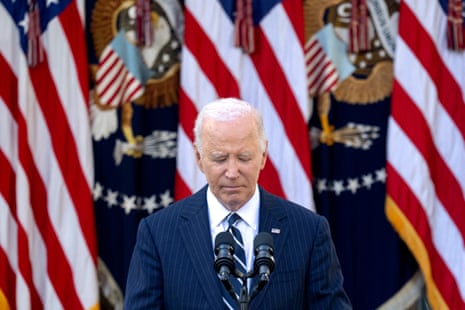

 Bell and her husband, Julian, endured an agonizing wait for her surgery (Courtesy Avery Davis Bell via CNN Newsource)
Bell and her husband, Julian, endured an agonizing wait for her surgery (Courtesy Avery Davis Bell via CNN Newsource)
 Georgia's President Salome Zourabichvili at a march in support of Georgia's EU candidacy in Tbilisi, Georgia, 9 December 2023. On Monday she called for a new election following last month's vote, which the opposition said was rigged in favour of the ruling party. © Shakh Aivazov/AP
Georgia's President Salome Zourabichvili at a march in support of Georgia's EU candidacy in Tbilisi, Georgia, 9 December 2023. On Monday she called for a new election following last month's vote, which the opposition said was rigged in favour of the ruling party. © Shakh Aivazov/AP

